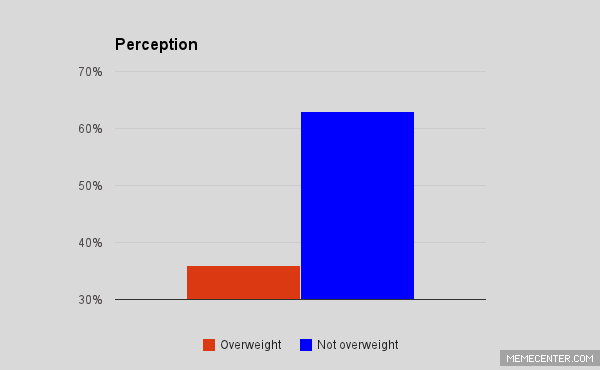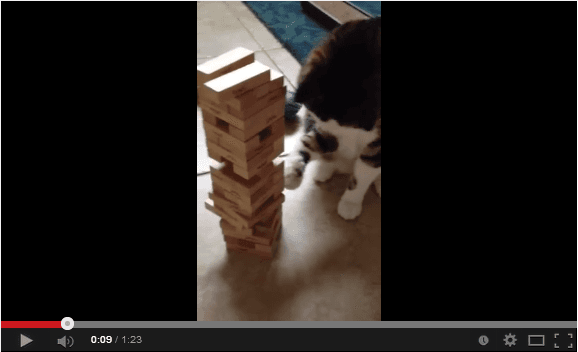Palestinian politics has long been subjected to a crippling divide between the two leading, and warring factions: Hamas and Fatah. It is one of the main threats to stability in the region, and a major obstacle to the peace process.
Over the weekend, various Hamas spokespersons told Palestinian media outlets that there is a new initiative by Hamas to reach reconciliation. The initiative itself has not been published yet. It is being sent to other factions for review first.
Hamas spokesperson, Fawzi Barhoum told Palestine Now website that the core principle of the initiative is to rebuild the Palestinian Liberation Organizations (PLO) so as to represent Palestinian society in its entirety. Historically, Islamist Hamas refused to join the PLO, the organization of all Palestinian national movements, as most of the organizations and militias in the Fatah-led umbrella organization were secular.
There has so far been no official response from the Palestinian Authority (PA) to this initiative, but it is unlikely that Fatah would agree to loosen its grip on power voluntarily.
Reconciliation Attempts
Hamas has always positioned itself to Palestinians as an alternative to secular nationalist movements. With its violent takeover of Gaza in 2007, the rift between factions deepened.
The last Palestinian unity government, established in 2007, survived only a few months and fell after the takeover of Gaza. Many rounds of talks have been held between Hamas and Fatah since, mostly with Egyptian mediation. Each round failed to bring a national reconciliation that would allow the return of PA forces to Gaza.
For over a year now, both the Palestinian presidency and legislative council were acting without a legal mandate, after the last term ended without new elections. The regime change in Egypt prompt the PA to set a date for elections, but it is still unclear when the elections will be held.
Mutual Violence
With Hamas ruling the Gaza strip, and Fatah—through the Palestinian National Authority—ruling the West Bank, each faction tries to strengthen its hold and prevent the other from gaining ground.
In its monthly report covering January 2011, The Palestinian Independent Commission on Human Rights registered many complaints against security agencies from both Hamas and the Fatah-ruled PA for arbitrary arrest for political reasons, and for torture during custody.
In addition, citizens complained that the Ministry of Interior on the West Bank continues to deny passports to citizens living under the control of the Hamas government on the Gaza Strip.
The Palestinians are not optimistic in solving this four-year strife. According to a poll by the Palestinian Center For Policy Research and Survey in Ramallah, in the last quarter of 2010, there was an increase in pessimism regarding the chance for reconciliation. Findings also show widespread distrust in the authorities in both the West Bank and the Gaza Strip regarding the Fatah-Hamas relationship.
Gaza youth have gone viral on calling for reconciliations between the two factions. A group called Gaza Youth Breaks Out is rallying supporters on Facebook and other social media on the Internet.
“Fatah in the West Bank arrests Hamas affiliates, Hamas in Gaza arrests Fatah affiliates, while everywhere in Palestine you can find family members from different factions living united,” reads the group’s website. “Yes we denounce our politicians. Note that word “politicians”—because their mutual hatred divided them.”
The groups claims to have been harassed and criticized by all parties. Other such groups are also working online.



